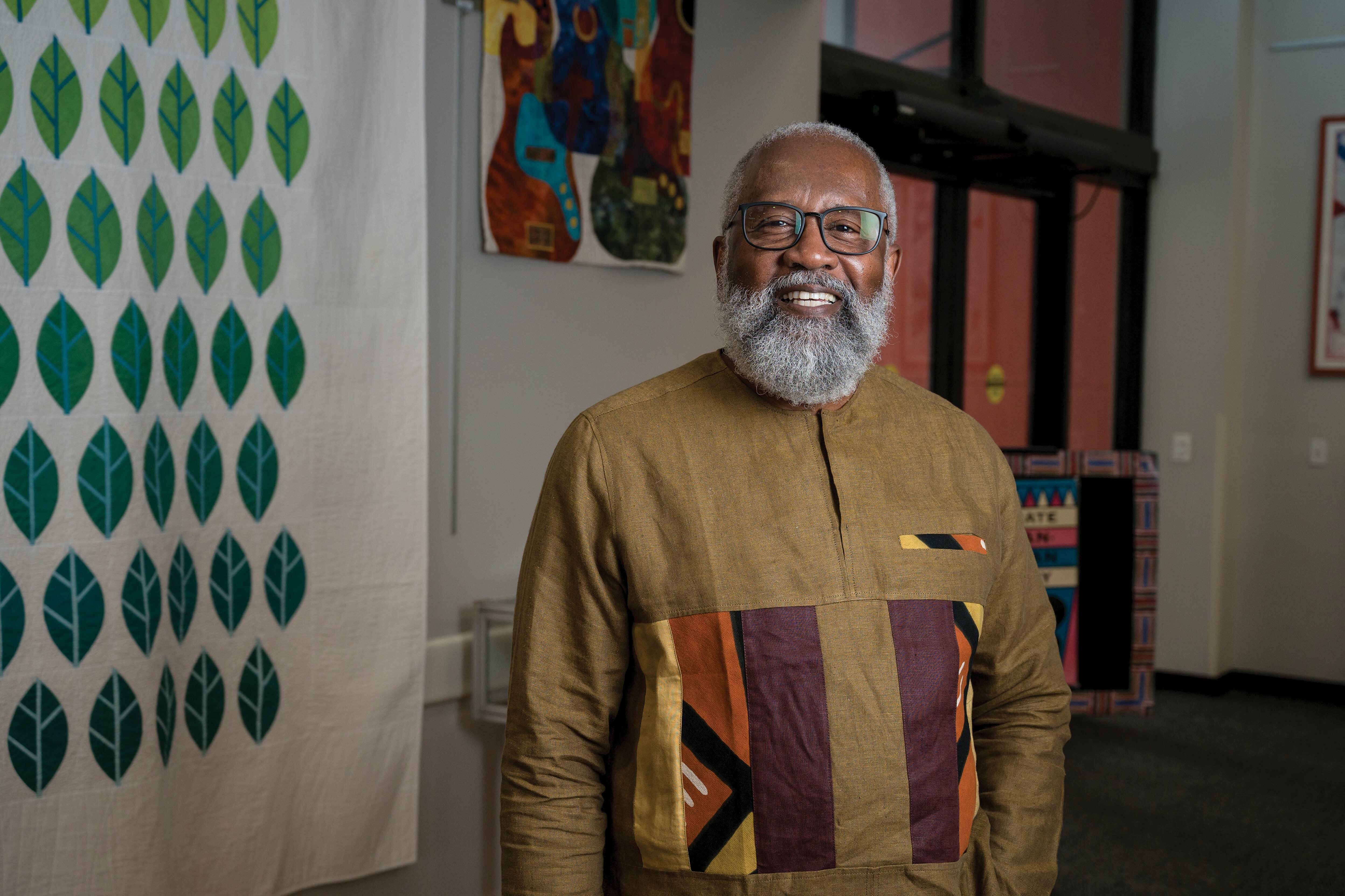P.J. Brooks and Scott Eller Help People Find a Safe Place to Live

P.J. Brooks (left) and Scott Eller
Image: Allan Mestel
Homelessness erodes people’s dignity by denying them the most basic of needs: a safe place to call home. Amid the daily struggle to survive, homeless individuals face barriers to caring for their physical and mental health, which makes it difficult to pursue job opportunities and find support, and many programs that serve the homeless, while well intentioned, offer little more than a Band-Aid.
That’s because “they don’t work without stable housing,” says P.J. Brooks, the chief operating officer of Community Assisted Supported Living (CASL). The Sarasota nonprofit provides workforce and low-cost housing for adults with a range of disabilities, and with record-breaking spikes in rental rates in the area, CASL’s work is crucial.
You may not even recognize the organization’s residences, because they’re built in established, middle-class neighborhoods throughout Sarasota and Manatee counties. Some are single-family homes, others are apartment complexes. Many referrals come from local outreach programs like the Suncoast Partnership to End Homelessness, or those in need can call CASL directly to begin the application process. Those who are eligible have mental health or disability diagnoses, and working families can qualify for housing help based on income. With the level of need, CASL’s efforts, along with partner nonprofits, chip away at a waiting list.
Many of the people CASL helps are dealing with lifelong trauma, mental and physical health challenges and addiction. Scott Eller is CASL’s chief executive officer. “There was a tenant who had to learn to use a toilet instead of going outside,” says Eller, 52. “And there’s a woman whose lifelong trauma triggers her periodically, and her apartment needs to be patched and put to rights, and that’s OK.”
“When you’re homeless, it’s easy to not want to recover and see how bad your life is,” says Brooks, 58. “Relationships with tenants often start with earning trust to help them transition to a new life.”
One homeless man who regularly played pool at a local bar with Eller moved into a CASL unit after Eller promised to add a full-sized pool table to the clubhouse of a CASL apartment complex on Fruitville Road. Along with amenities offered in most communities, the spaces are updated and chic. “It’s impressive-looking, because we want to encourage tenants to aspire to do better,” Brooks says.
Along with optional trauma-informed programs for residents, like Transitions, which focuses on reintegrating people back into society following incarceration, Eller and Brooks knit together a blanket of community partnerships to create supportive programming with lasting effects.
In Sarasota, CASL currently houses 283 people; by 2025, they will have housed 2,000. Not only does CASL’s mission follow an ethical imperative to help those in need, but Brooks and Eller say it also pays off financially.
“The cost of going through arrest, detox, jail and a crisis unit comes to roughly $1.7 million in taxpayer money for 34 individuals,” says Brooks. “For the same number of people who followed the CASL program, those costs came down to $28,000.” And the good reverberates long after, when “they often get jobs or reunite with family members,” he says.
“It’s not about politics or religion,” says Eller. “We’re here to support and transform lives. You can survive horrible experiences and you may have caused pain, but we trust who you can become.”



